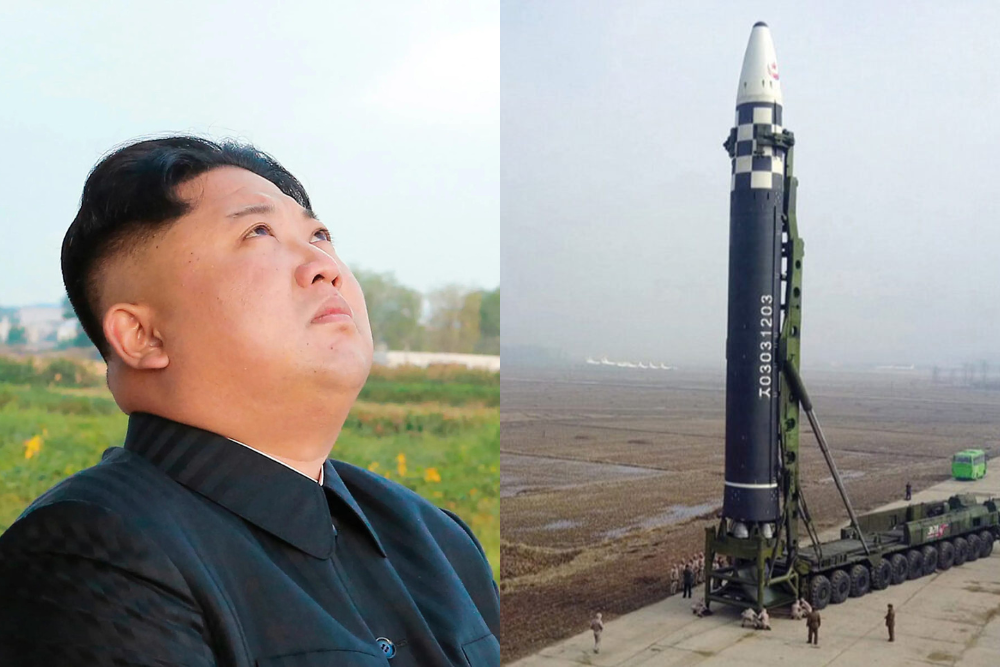Tensions on the Korean Peninsula escalated this week as North Korean leader Kim Jong Un delivered a sharp warning to South Korea, stating that any encroachment on the North’s sovereignty would prompt a devastating nuclear strike. The latest provocation came during a visit to a military base, where Kim emphasized his readiness to use nuclear weapons “without hesitation” if South Korea or its allies act aggressively toward the North.
Kim’s threats were a direct response to remarks made by South Korean President Yoon Suk Yeol during the country’s Armed Forces Day celebrations earlier this week. Yoon had warned that any use of nuclear weapons by Pyongyang would spell the end of Kim’s regime, referencing South Korea’s growing military capabilities and its defense partnership with the United States. He underscored the powerful deterrent effect of their alliance, describing the joint military response as “resolute and overwhelming.”
In his address, Kim dismissed these warnings as nothing more than bluster from a “puppet” government, mocking Yoon’s leadership and calling him “abnormal.” He further belittled South Korea’s new ballistic missile systems, including the Hyunmoo-5, which Seoul had unveiled during the military parade. Kim’s sister, Kim Yo Jong, also joined in the criticism, claiming that conventional weapons in South Korea could never match North Korea’s nuclear arsenal.
These harsh exchanges highlight the deepening animosity between the two Koreas, which has only intensified in recent years. With missile tests by Pyongyang increasing in frequency, and joint military exercises between the U.S. and South Korea growing larger, the region remains on edge. Diplomatic channels have been effectively frozen since 2019, when peace talks aimed at denuclearizing the North collapsed. Since then, North Korea has continued to expand its nuclear program, openly discussing plans to multiply its warhead count and showcasing uranium enrichment facilities.
This latest threat by Kim comes as North Korea prepares to formalize its rejection of any reconciliation with the South. A forthcoming parliamentary session is expected to codify a “two-state” policy, which will further entrench the division of the peninsula. Such moves signal a deepening hostility between the North and South, particularly in the face of increasing military posturing on both sides.
In addition to these nuclear threats, North Korea has also engaged in more unconventional provocations, such as flying balloons filled with garbage across the border. These acts are seen as part of a broader campaign of psychological warfare, designed to unsettle and provoke the South.
As the rhetoric intensifies, the possibility of miscalculation looms large, with experts cautioning that while an immediate nuclear strike remains unlikely, the risk of military escalation is ever-present. With diplomatic options all but exhausted, the Korean Peninsula remains a flashpoint that could draw in regional powers and their allies at any moment.





